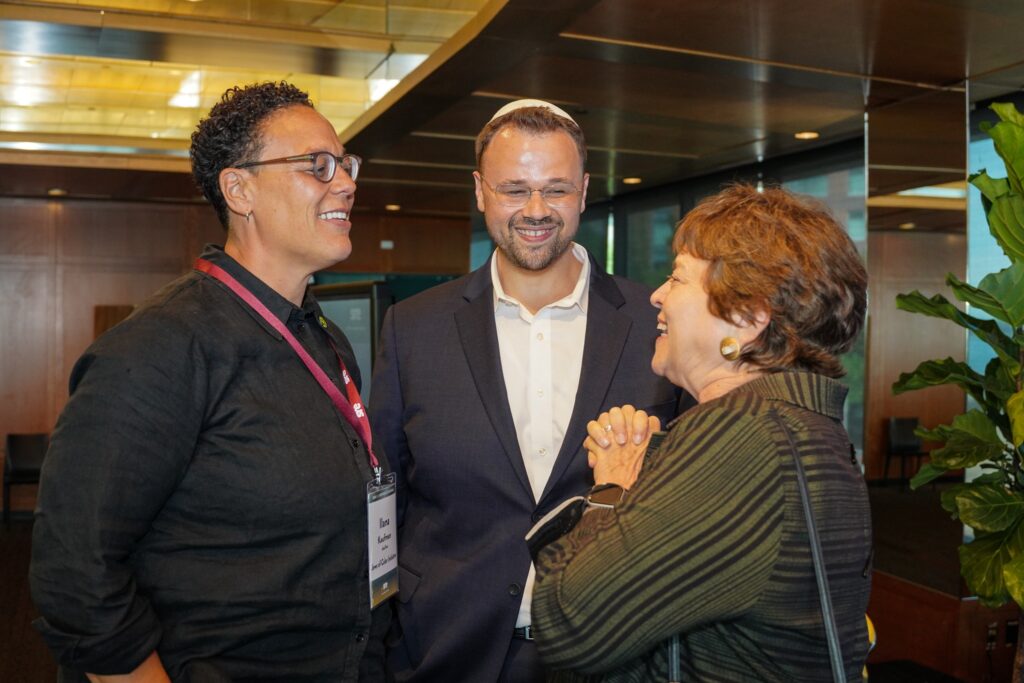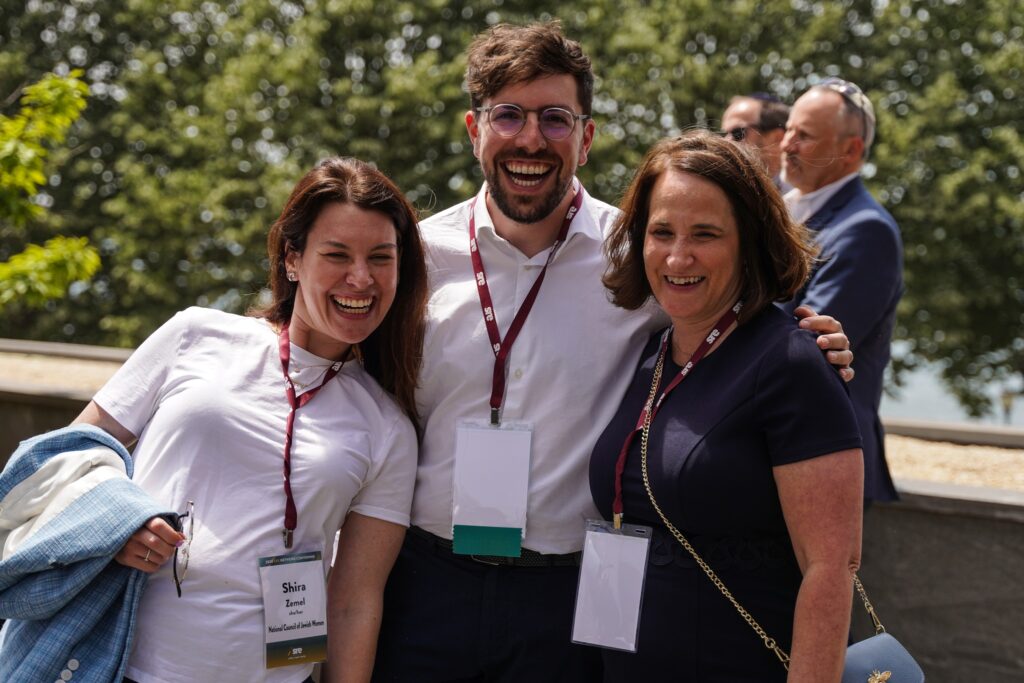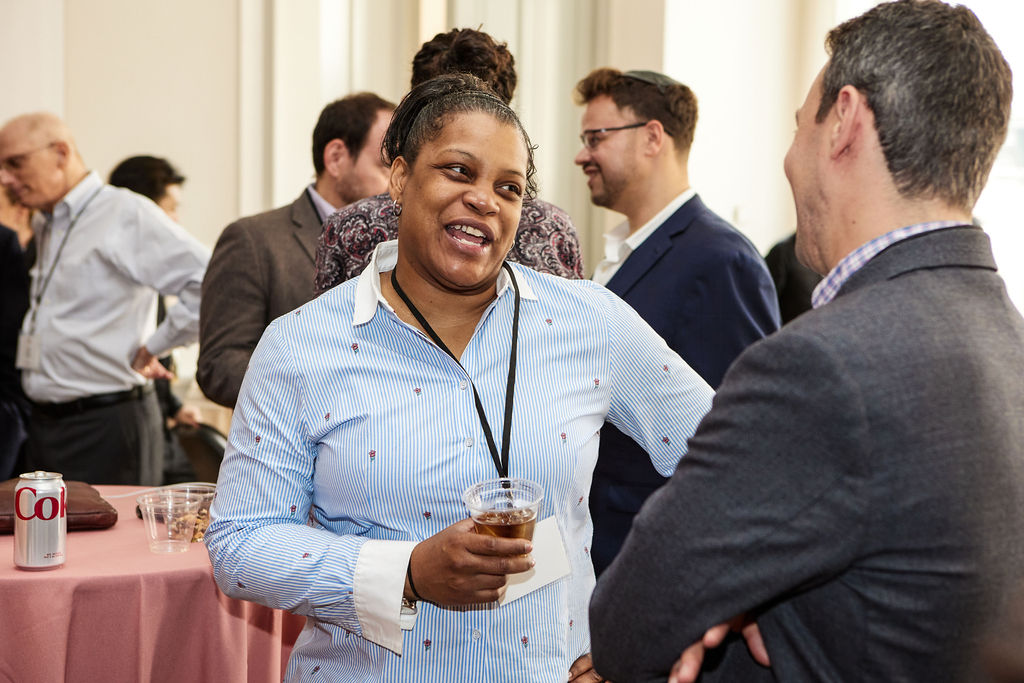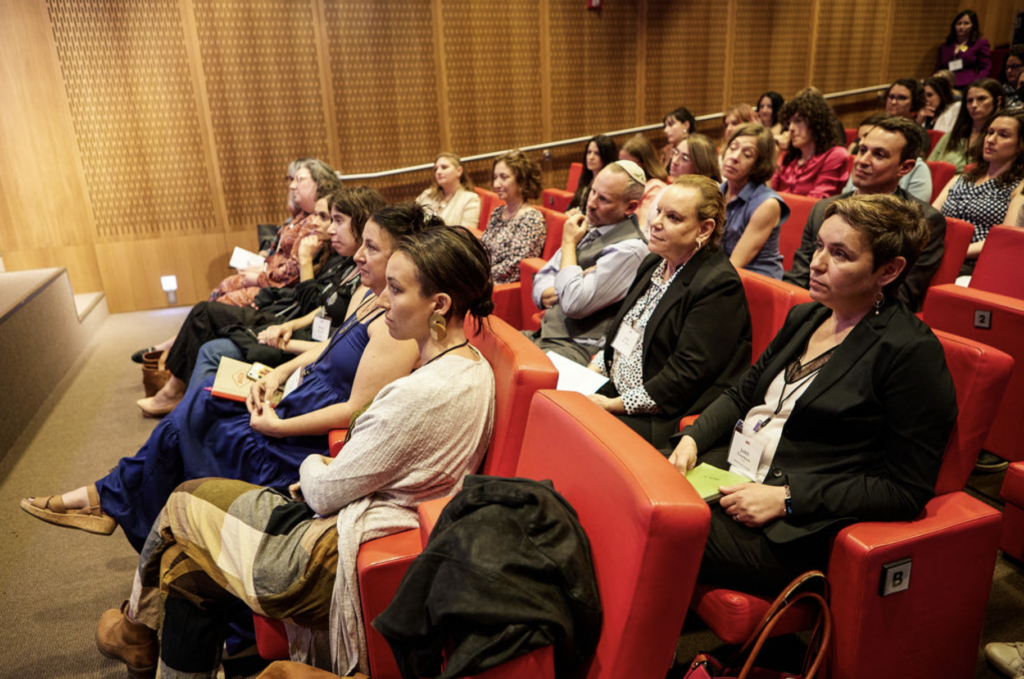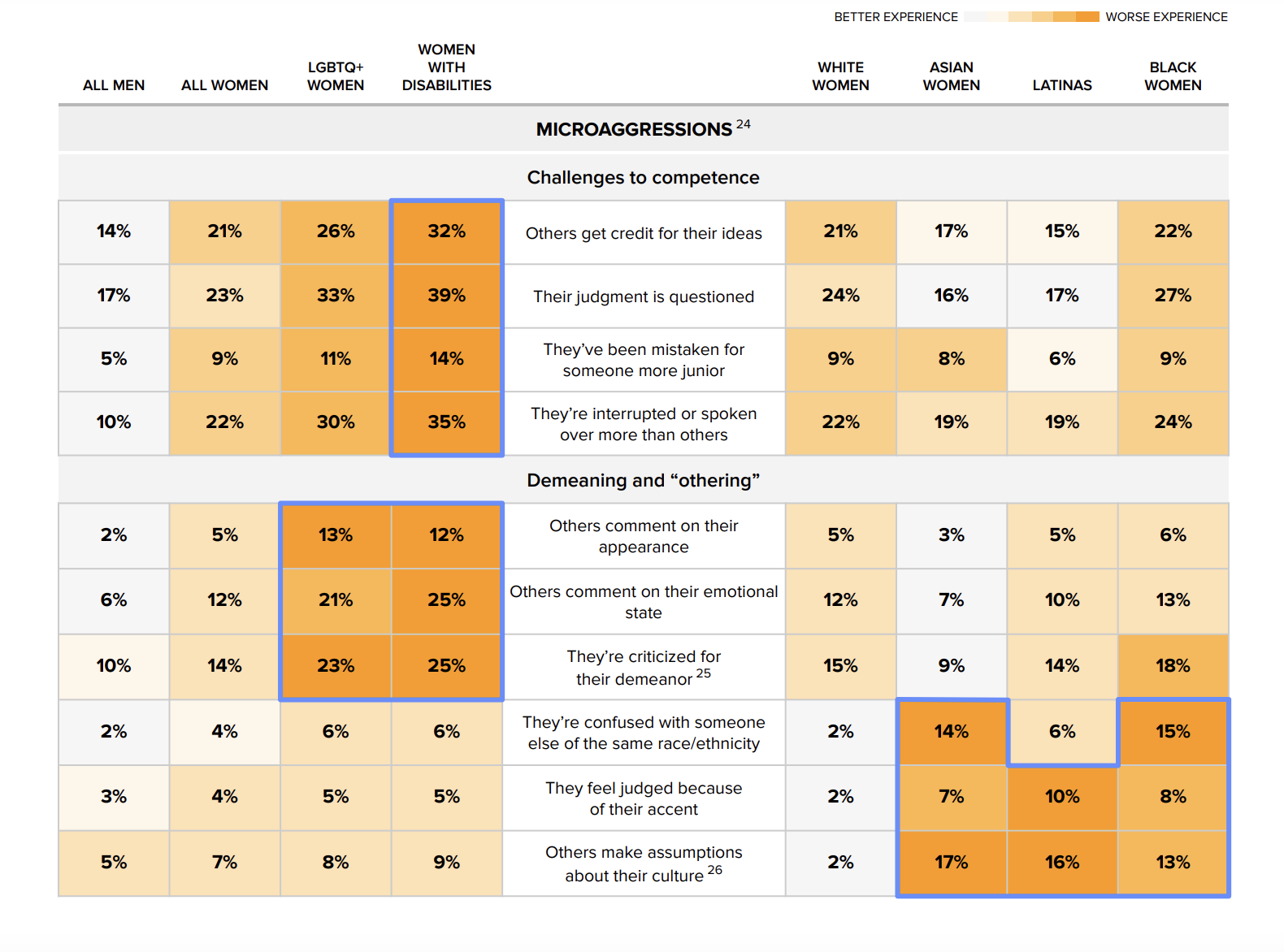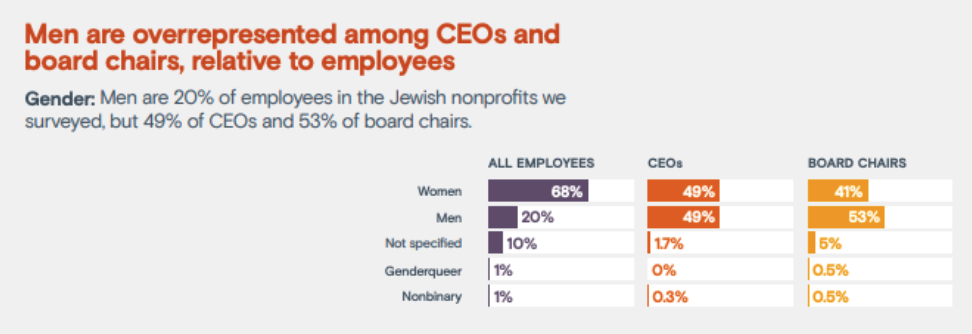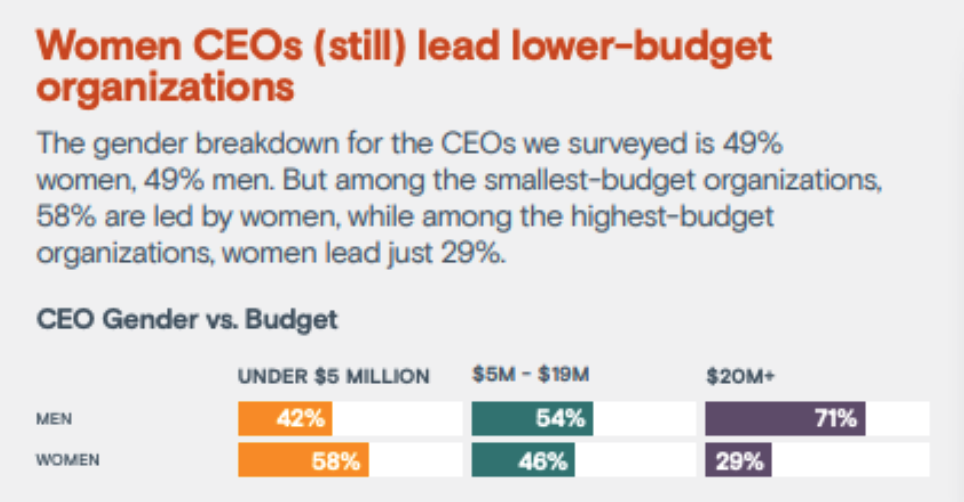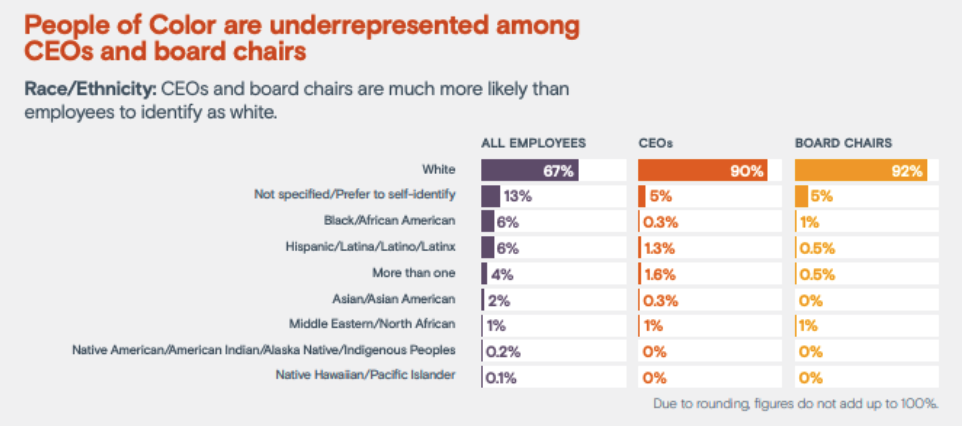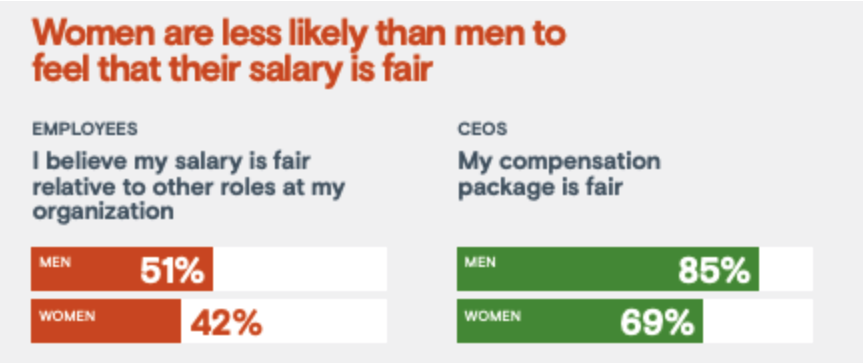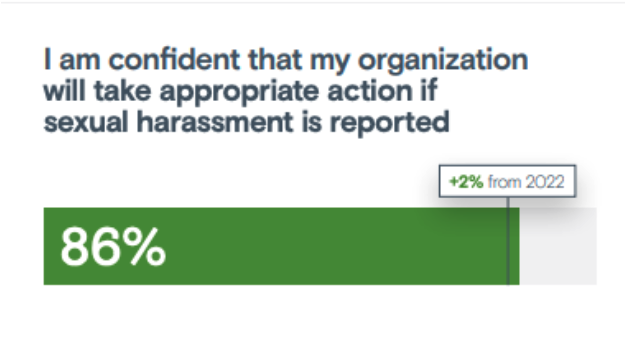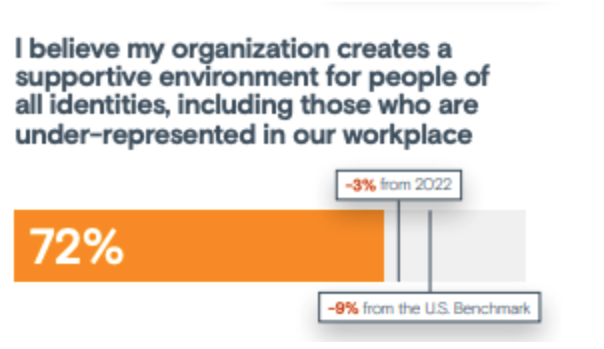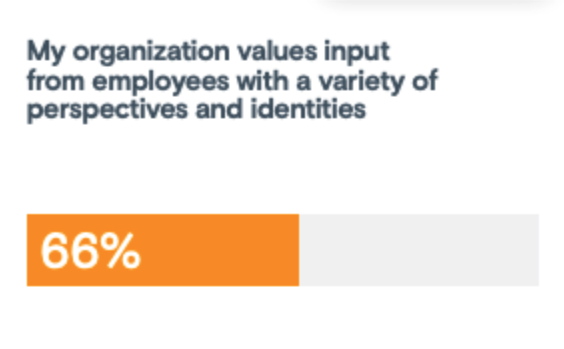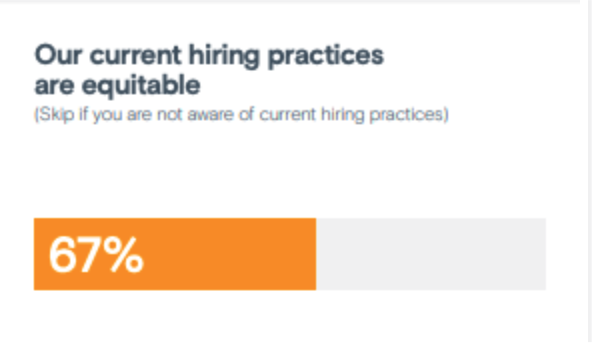Our Mission
SRE Network promotes Jewish workplaces and communal spaces in becoming safe, respectful, and equitable through networking building, resource sharing, and community investments.
Our Vision
The Jewish communal landscape is safe, respectful, and equitable, where people are free from abuse, engage one another with dignity, and are treated fairly.
Our Theory of Change
Gender Gap in Jewish Nonprofit Leadership: 5 Keystones
Our Model:
We utilize a collective impact model in which stakeholders are invited to plug into the SRE Network, have a common understanding of safety, respect, and equity issues, and develop a mutual agreement around how to solve them.
The problem that we are trying to solve is multidimensional and systemic in nature, necessitating a multidimensional and systemic approach. We operate at the individual, organizational, and communal levels in a mutually reinforcing feedback loop to catalyze meaningful change. This includes partnering with and lifting up other experts in the field. As such, we are a platform and field-builder, as well as a network. We believe that organizations are capable of creating and sustaining safe, respectful, and equitable workplaces for all, provided there are organizational leaders and SRE Champions within organizations that are committed and have the skills, tools, and resources to make meaningful change. We know that this work can have larger positive ripple effects across the Jewish community.
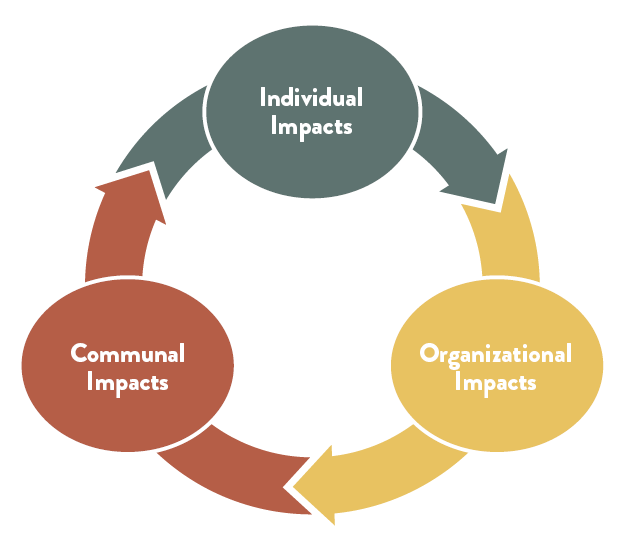
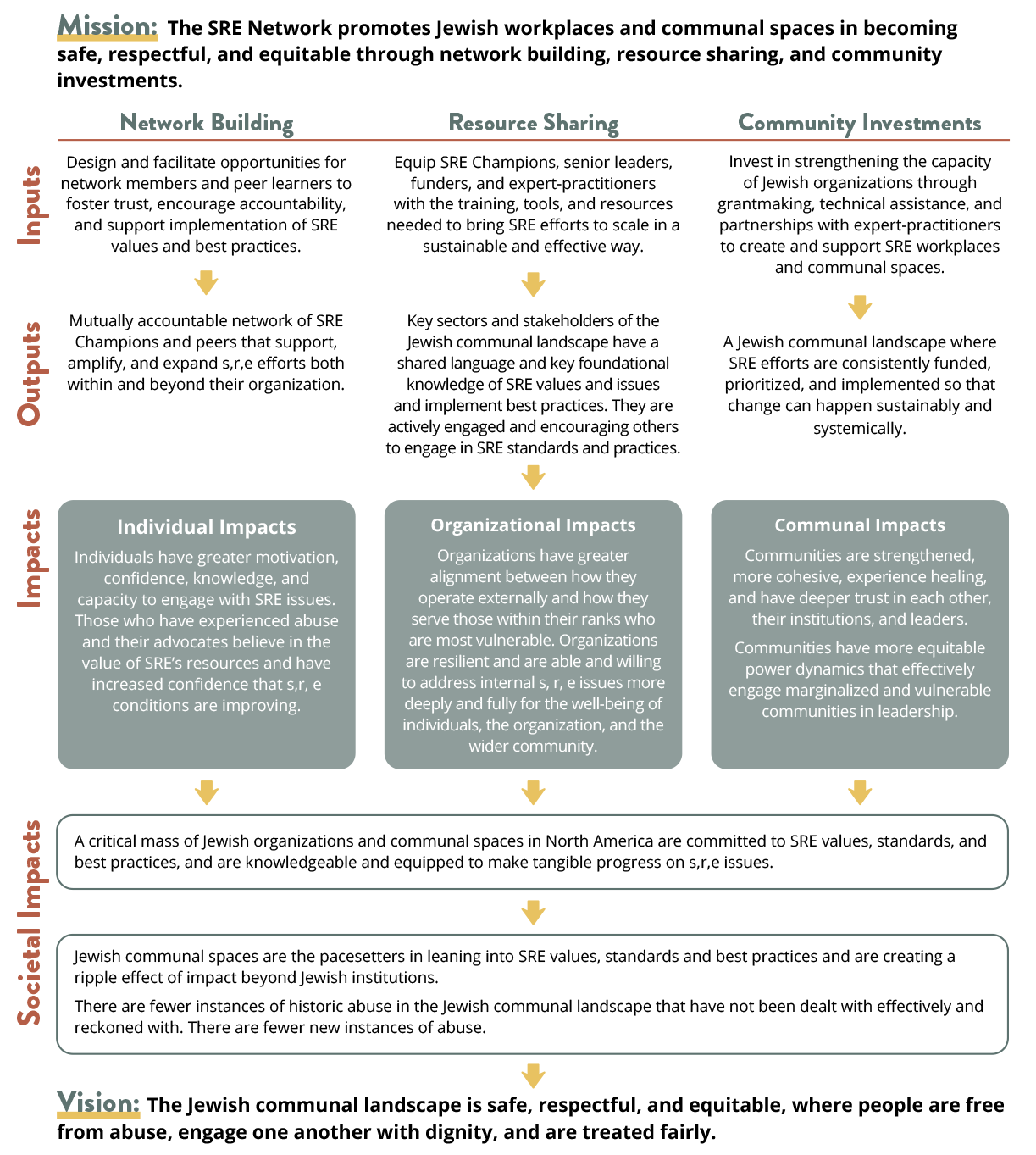
Key Assumptions that Inform Our Approach
Gender-based violence, harassment, and discrimination are age-old, widespread societal phenomena, persisting in all institutions, communal spaces, and communities. Our Jewish communal sector overwhelmingly employs woman-identified staff and volunteers. However, the roles with the greatest power and influence in the sector, such as the CEO role and board of directors, are primarily held by men, particularly in the cases of the largest and best-resourced organizations. This reality reinforces existing gender inequity in the Jewish community.
Gender issues do not exist in a vacuum but are instead inextricably linked with other forms of violence, bias, and inequity in the workplace.
Organizations are capable of creating and sustaining safe, respectful, and equitable workplaces for all, and addressing gender-based harassment and discrimination, provided they are committed and have the skills, tools, and resources to make meaningful change.
On Gender
For the purposes of our work, we define women as those who self-identify as such, including cisgender and transgender women. We believe in the need to address both the needs of women and of all people. We understand gender to exist on a continuum and enthusiastically support the active participation and recognition of all gender identities and expressions in both our programming as well as our Jewish workplaces and communal spaces.
We know that words matter, and we want to continue to evolve with you. If you have feedback on the language we use around gender or other issues, we want to hear it. Please get in touch to continue the conversation.
“[The most valuable part of being a SRE member is] is having someone and someplace to turn to when we have an incident, and knowing we are not alone going through this work, as well as the materials and tools to utilize to increase the safety, respect, and equity at our organization.”
"Receiving generous grants [from SRE Network] have allowed us to do critical culture work – attending the convening, connecting with people in person there, learning from members has all been so valuable."
"Thank you for all of your work. We continue to appreciate your resources, your leadership, and our affiliation with you."
"Rather than being stuck in the problem of how to move forward, the SRE grant has propelled us forward and enabled us to do big picture thinking and planning."
Our Story
SRE Network launched in 2018 as a partnership of Jewish funders and Jewish professionals who were deeply concerned by a cascade of #MeToo testimonies surfacing publicly and privately by women who had experienced gender-based harassment, discrimination, and abuse in their Jewish workplaces, synagogues, schools, and camps. Together the group resolved to do three key things:
1) Learn more about the issues from expert practitioners in the field;
2) Recruit Jewish organizations to make a public commitment to creating safe, respectful, and equitable Jewish workplaces and communal spaces;
3) Make a series of rapid response grants to address emergent needs in this issue area.
Since that time, SRE Network has grown to a network of over 185 member organizations, each of whom has committed to adopting and implementing our SRE Network Standards for Creating Safe, Respectful, and Equitable Jewish Workplaces and Communal Spaces.
We have published groundbreaking research, invested over $6.5M in grants, guided many organizations in refreshing policies and improving practices to ensure safety and accountability, and supported institutions in reckoning with past institutional harm in meaningful ways, in many cases behind the scenes. In 2023, we released our first strategic plan.
Our critically needed funding has:
- Launched new organizations and initiatives for policy development,
- Overhauled clergy ethics processes,
- Supported pay equity and salary transparency,
- Directed critical funds to build internal capacity of Jewish organizations in the areas of safety, respect, and equity,
- And much more
Background Research
A Closer Look at Gender in the Workplace
Our collaborative efforts are leading to positive change!
Recent data from the U.S. Bureau of Labor Statistics shows that in 2023 the gender pay gap in the U.S. narrowed to the smallest on record (before 2023, the gender pay gap had barely improved over twenty years).
Plus, women now make up 53% of nonprofit boards (BoardSource), and the number of women in the C-suite has increased from 17% to 28% (LeanIn.org). These are exciting advancements in the right direction.
But inequities in the workplace around pay, representation, and treatment remain for women, particularly women of color and other traditionally marginalized identities.
We are deeply committed to continue our work to build Jewish workplaces and communal spaces that are safer, more respectful, and equitable for all.
Leadership
0%
Of nonprofit employees are women.0%
Women make up only 22% of chief executives at large nonprofits (those with budgets of $50M+).1 in 4
Women represent C suite leaders, and women of color just 1 in 16.
Pay
9%
Pay gap between men and women executives at nonprofits organizations.
Representation Matters
In nonprofits with greater women board representation and/or the presence of a woman CEO, the pay gap is reduced.
Transparency Matters
82% of workers would be more likely to apply for a job if the pay range is listed in the job posting.
Safety
0%
Of women at-large experience gender-based harassment.0%
Of women experience gender-based harassment in the workplace.1 in 7
Women have sought a new job assignment, changed jobs, or quit a job because of sexual harassment and assault.
Women with traditionally marginalized identities face more microaggressions at work
Graphic Source: LeanIn.Org and McKinsey & Company – Women in the Workplace 2023
Jewish Workplaces: Insights from Leading Edge
Gender Gap in Jewish Nonprofit Leadership: 5 Keystones
Cause: Boards, funders, and others in power don’t always hold Jewish organizations accountable for addressing the diversity of their top leadership.
Opportunity: Boards, funders, and other powerful stakeholders can hold Jewish organizations accountable and incentivize them to elevate diverse leadership teams.
Cause: Many Jewish organizations have no talent strategy for diversity, equity, and inclusion (DEI).
Opportunity: Jewish nonprofit organizations can implement talent strategies to advance diversity, equity, and inclusion (DEI).
Cause: Some members of search committees and boards hold biases about what makes a qualified leader.
Opportunity: Search committees, and the boards that appoint them, can implement processes to ensure that the work of the search committee is professional, equitable, and fair and that the most qualified candidate is chosen for the role.
Cause: There is a perception that you cannot be both a top leader and a primary caregiver.
Opportunity: Community members can work actively to shift our cultural assumptions about the capacity to be a leader and a primary caregiver at the same time.
Cause: Not enough men speak out about or prioritize addressing the gender gap in top leadership.
Opportunity: Institutions can give men the knowledge, support, and incentives to speak out and address the gender gap in leadership (and DEI more broadly).
Source: Source: Leading Edge State of the Jewish Workplace 2023
Photos by Shulamit Photo + Video


